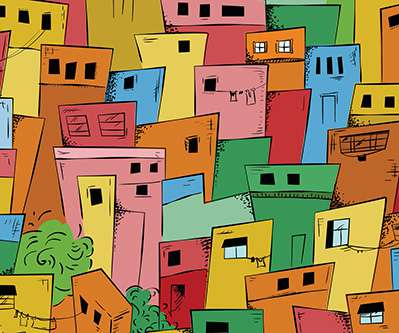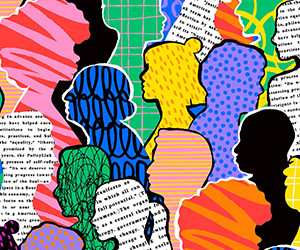Minding the Gaps: Neuroethics, AI, and Depression
NonProfit Quarterly
MARCH 24, 2025
9 In addition, those who are diagnosed often experience more severe and disabling symptoms than those experienced by other races and ethnicities. percent of Black Americans live below the poverty line (the number is 7.7 10 Only 35.1 percent of Latinx Americans with mental illness receive treatment annuallythe US average is 46.2












Let's personalize your content